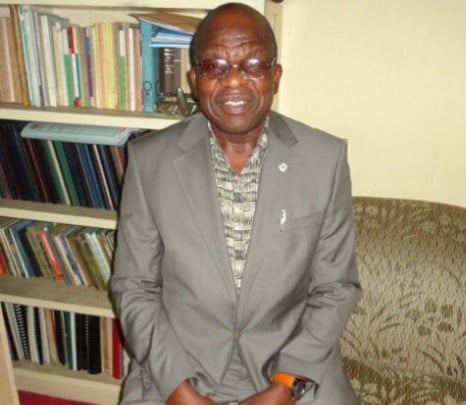A don, Prof. Dele Olowokudejo, says that plastic pollution leads to loss of 24 billion tons of top soil annually worldwide.

Olowokudejo, who is of the Department of Botany at the University of Lagos, Akoka, made the remark during the Lagos State Environmental Protection Agency (LASEPA) World Environment Day event on Thursday, June 7, 2018 in Ikeja, Lagos.
“Plastics are taking over our oceans, they are ruining our lands. Plastics pollution leads to loss of 24 billion tons of top soil every year.
“Plastic accounts for about 10 per cent of the total waste generated. Production of plastic uses about 8 per cent of the world’s oil production.
“About 500 billion plastic bags are used annually worldwide,” Olowokudejo said.
The academician, however, proposed a solution on how to surmount the problem of plastic pollution in the country, as he called for a concerted effort of all stakeholders on the environment.
“There should be a formulation of a National Policy on Plastic Waste Management, an implementation of a National Plastic Waste Recycling Programme in partnership with manufacturers and critical stakeholders.
“Individuals, families, communities, companies must agree to implement practices that reduce waste at every level.
“We must get rid of bottled water recommended for single use and buy reusable water bottles,” he said.
He further called for the enforcement of existing environmental laws and policies to curtail the impact of plastic pollution in the state.
“The enacted laws to address environmental challenges in Nigeria must be fully applied.
“The National Environmental Regulations, 2009 Prohibits persons from dropping litter (polyethene bags inclusive) on roads, public space, drainages or other undesignated places through National Environmental Standards and Regulations Enforcement Agency (NESREA).
“The issue is that implementation/ enforcement is weak,” he said.
The professor however, urged the government, regulatory bodies and other critical stakeholders to brace up in tackling plastic pollution in the country.
“We are indeed privileged to be a part of the current movements of Homo sapiens who have recognised their ecological limits and are willing to respect boundaries in order to save our planet.
“We have seen the danger signs of our destructive activities and are willing to take corrective actions. Therefore, while we should always think globally and cooperate regionally, we must continue to act locally.
“Let’s rise above plastics and the time is now,” Olowokudejo said.
